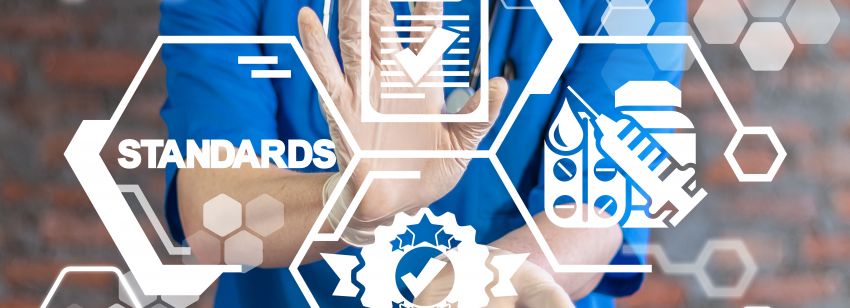The GSAV has been officially integrated into the Rules of procedure of the G-BA
Orphan drugs are confronted with considerable changes in the German benefit assessment
The orphan privileges once granted by the German Act on the Reform of the Market for Medicinal Products ( also referrred to as AMNOG) which guaranteed orphan drugs used for the treatment of rare diseases an added benefit, are currently in danger to be lost with the entry into force of the amendments to the G-BA's Rules of Procedure. If a non-quantifiable added benefit was granted, the G-BA can now request the pharmaceutical company to provide an additional, structured data collection enabling the comparison of the assessed drug with an appropriate comparative therapy to close evidence gaps of the initial benefit assessment and to enable a quantification of the additional benefit. The post-launch data collection can be requested for orphan drugs as well as for drugs with a conditional approval and drugs with an approval under exceptional circumstances. If a quantification of the additional benefit based on the additional data collection is not possible, the GSAV includes a mechanism for automatic price reduction. Orphan drugs, especially those with small patient populations, face the increasing risk of not being able to generate the requested data for comparison with a comparative therapy to the extent required.
Furthermore, the G-BA is authorized to restrict treatment with drugs for which post-launch data collection has been requested to those centers or physicians participating in the collection of such data. Patients, prescribers, and pharmaceutical companies will thus be confronted with potential restrictions to access such innovative drugs in the future. The consequences of these restrictions for the affected group cannot be evaluated at present and will lead to high uncertainties regarding adequate care for patients.
In addition, the calculation of the 50 million euros revenue threshold for orphan drugs must now consider revenues generated in both outpatient and inpatient settings. Hence, the risk of exceeding the 50 million euros threshold is now deemed to increase and subsequently lead to the risk of reassessment under non-orphan conditions with higher requirements on study data. Due to these new challenges, pharmaceutical companies will have to anticipate possible evidence gaps in study data and develop innovative strategies to ensure successful market access of orphan drugs.
The main aspects of post-launch data collection and registry requirements as well as the resulting effects and implications for pharmaceutical companies were described and discussed at length by SKC in a white paper. If you want to learn more about this matter, you can please request a free copy of the white paper using the form below.
Sources:
• https://www.g-ba.de/beschluesse/4182/
• SKC Blog: Amendments to the Rules of Procedure of the Federal Joint Committee
Exclusive Download White Paper
We would be pleased to send you the white paper free of charge. Please send us your coordinates using the form provided.
